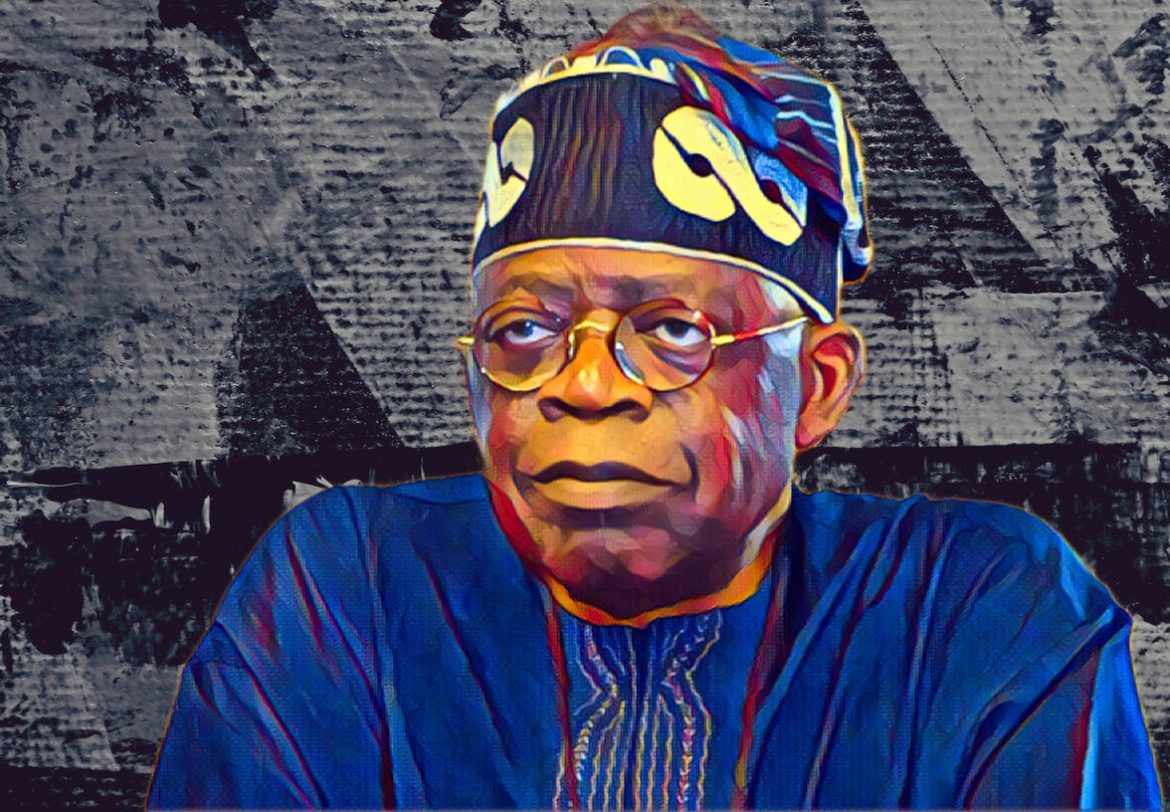The Nigerian president, Bola Tinubu, has hailed the building of the Lagos-Calabar Coastal Highway as a game-changing initiative that will significantly increase about 30 million people’s access to markets and opportunities. He made these statements on Sunday at the groundbreaking event in Lagos, when he announced several major infrastructure projects and marked the beginning of his first year in office.
The 700-kilometer Lagos-Calabar Coastal Highway is intended to link Lagos with Cross River, passing through the states of Ogun, Ondo, Delta, Bayelsa, Rivers, and Akwa Ibom. This large-scale project aims to improve mobility while also making a major contribution to the economic growth of these areas. President Tinubu described the highway’s broad effects, highlighting its ability to promote community development, generate thousands of direct and indirect jobs, and facilitate easier access to production and marketing centers.
President Tinubu also addressed the ongoing construction started in March, highlighting the highway’s route through nine states with additional spurs linking to northern states. This strategic infrastructure is set to foster trade and commerce, boost tourism, and connect communities in a manner akin to the economic benefits seen with similar projects internationally, such as Ireland’s Wild Atlantic Way which generates substantial tourism revenues.
However, the project has not been without its controversies, particularly concerning the demolition of properties in its path. Last Thursday, Minister of Works David Umahi announced that 750 houses were marked for demolition to make way for the highway. In response to the resultant outcry from affected property owners and scrutiny from the National Assembly, the government has allocated N2.75 billion for compensation. Despite this, some stakeholders argue that the compensation does not fully cover the investments made.
In his address, President Tinubu appealed for public understanding and patience, emphasizing the national importance of the project. “I further crave the understanding of the general public, especially those whose properties and sources of livelihood will be impacted by this iconic project. We all make some sacrifices to enable our country to grow,” he stated, assuring that the government would act compassionately in its dealings.
Reflecting on the project’s significance, President Tinubu described the Lagos-Calabar Coastal Highway as “more than just a road” but a “symbol of hope, unity, and prosperity.” He drew parallels with global examples to underscore the potential economic benefits and the importance of connectivity for national development.
The President also acknowledged the challenges and sacrifices involved in such a massive undertaking, particularly the displacement of communities and the environmental impact. He committed to ensuring that all necessary measures are taken to mitigate these effects, emphasizing the project’s alignment with safety, sustainability, and social responsibility standards.
Further elaborating on the financial aspects, he highlighted the government’s innovative approach of using a model of Engineering, Procurement, and Construction Plus Finance (EPC+F), which allows for federal investment while waiting for private investors to contribute. This approach is intended to facilitate timely project delivery without compromising on quality.
Commending the efforts of the Minister of Works and all stakeholders involved, President Tinubu reiterated the government’s commitment to delivering a project that not only meets current needs but also serves future generations. He expressed gratitude to the engineering teams and stakeholders for their dedication and hard work, which have been pivotal in advancing the project to its current stage.


